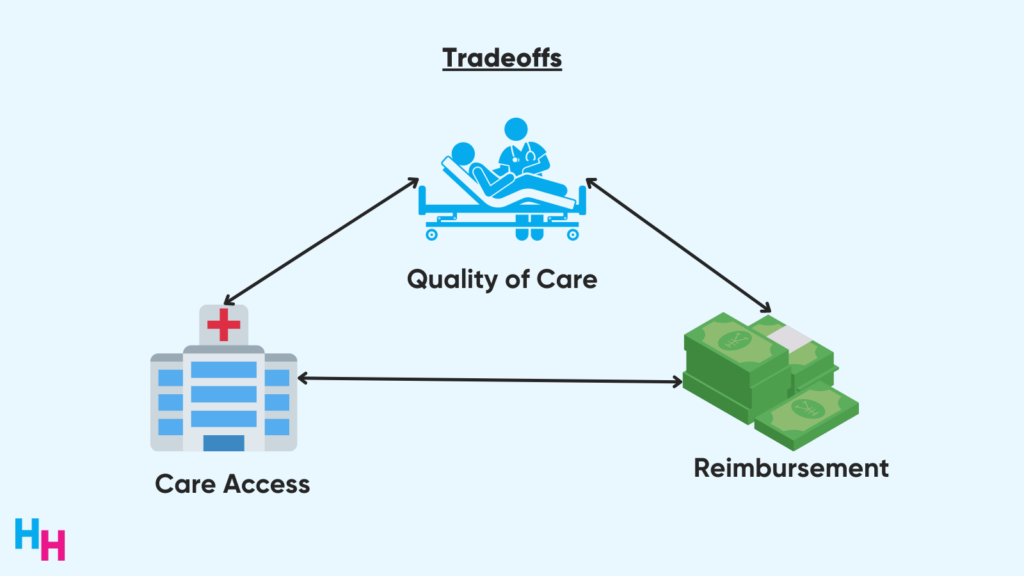10 July 2022 | Healthcare
Colorado Approved to Launch Public Option
By workweek
Colorado is one of three states approved to implement its public option program after receiving approval from the Department of Health and Human Services (HHS). While the public option is excellent for consumers, how may hospitals and physicians feel about it?
The Deets
HHS approved Colorado’s public option plan (“Colorado Option”) under the Section 1332 State Innovation Waiver. This waiver allows states to devise innovative health programs to increase access to high-quality, affordable care.
So what is a public option plan?
- “Public”: financed by the government through taxes.
- “Option”: consumers can choose between the state’s public option plan or other private (through employer) or public (Medicaid/Medicare) insurance plans.
Colorado’s new program will allow Coloradans enrolled in the Affordable Care Act individual Market Place or part of a company with less than 100 employees to choose Colorado’s public option plan. The program will make it easy for consumers to compare premiums for the different option plans.
Overall, Colorado expects premiums to decrease 15% by 2025 due to decreased healthcare costs. And, any money the federal government saves from the Colorado Option will be funneled back into providing state-based subsidies for Coloradans.
The program is predicted to cover an additional 32,000 people by 2027.
Dash’s Dissection
Like everything in healthcare, there are tradeoffs. For example, the significant tradeoffs of Colorado’s Option are quality of care, access and reimbursement.

Around 9% (420,000) of Coloradans are uninsured, according to 2020 numbers, which will likely increase after the public health emergency ends. This uninsured number is “low” for the U.S., but markedly high for nations with universal healthcare coverage. The public option, however, is the closest we—the U.S.—can get to universal healthcare coverage, likely decreasing the uninsured rate by a point or two.
But even a “point or two” is significant when discussing human lives. Consumers will undoubtedly benefit from insurance coverage, given being uninsured is associated with many poor health outcomes.
How will hospitals and physicians respond, though? The government, whether it be state or federal, has significant negotiation power, allowing them to lower reimbursement rates for healthcare services. This is how Colorado can lower premiums. But, private insurance pays better, so I imagine hospitals and physicians refusing to accept patients on a Colorado Option plan, which would reimburse less than private. Getting hospitals on board is a challenge Washington State faces with its public option program. I imagine Colorado will face the same struggle.
Bookmark this article and we’ll catch up in 10 years once we have data on how the public option played out. Perhaps it will be a model for a universal public option plan?